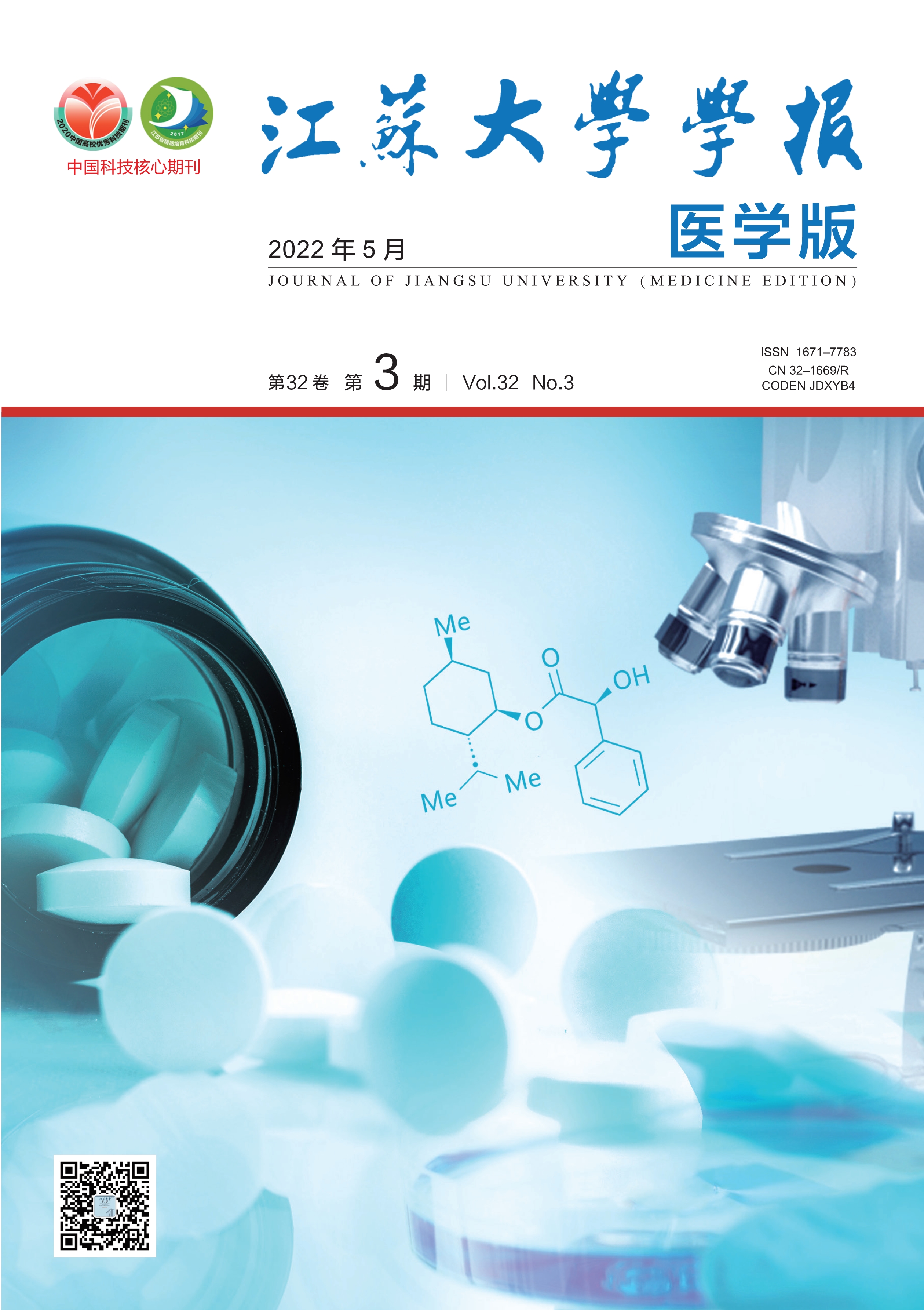LONG Yun, QIN Zhen, ZHUO Lin, et al.
2022, 32(03): 256-261.
Objective: To investigate the clinical features and early identification indexes of children with chronic food protein-induced enterocolitis syndrome (FPIES). Methods: Thirteen children with chronic FPIES who were admitted to the Department of Gastroenterology, Anhui Children′s Hospital from September 2017 to July 2020, were selected to analyze gender, age at first onset, age at diagnosis, clinical manifestations, laboratory tests, and milk oral tolerance age. In addition, 15 children with acute FPIES during the same period were selected as controls, and the clinical characteristics, laboratory test indexes, endoscopic findings, pathological results and treatment plans between the two groups were compared. Pearson correlation analysis was performed on peripheral blood C-reaction protein (CRP) levels and IL-6 levels in children with chronic FPIES. Results: Among the 13 children with chronic FPIES, there were 7 boys and 6 girls, the median age were 28(2-60) days for onset, 140(57-180) days for diagnosis, and 20(11-32) months for oral tolerance of milk. Meanwhile, among the 15 children with acute FPIES, there were 7 boys, 8 girls, the median age were 90(22-480) days for onset and 230(123-630) days for diagnosis. It is found that diarrhea, bloody stool, fever and poor weight gain are common manifestaion in the chronic FPIES group; in addition, the neutrophil count, CRP and IL-6 were significantly increased, whereas total protein, albumin and hemoglobin were decreased(all P<0.05). Based on Pearson correlation analysis, there was a linear correlation between CRP level and IL-6 level(r=0.90, P<0.001) in children with chronic FPIES. Conclusion: The chronic FPIES should be considered when presenting the fever, anemia, poor weight gain, as well as the increase of neutrophil count, CRP and IL-6 in patients.
[Key words]food protein-induced enterocolitis; chronic type; milk protein allergy; anemia; oral tolerance
